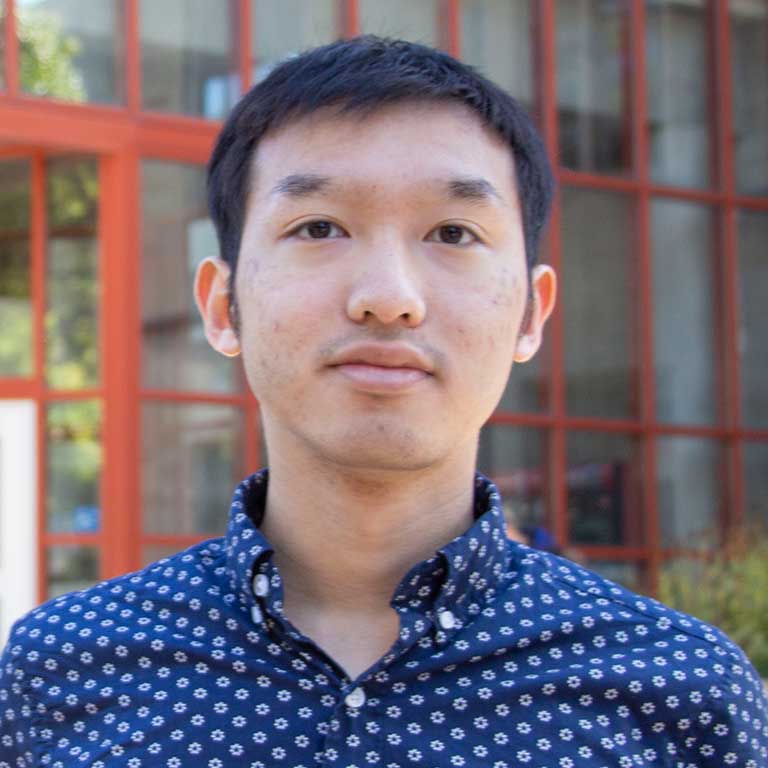Tell us about why you chose to major in Microbiology.
There were several reasons I chose to major in the sciences. Initially, coming to college, my parents pushed me towards business. My whole family works in the business world, so that’s what they wanted. But I’ve always wanted to do something with science. My grandfather, who I was close to, died of cirrhosis of the liver, an incurable disease, and he died quite suddenly. His death gave me a passion to find a cure.
Biology specifically was a pretty natural choice – I had a great Biology teacher in high school and have always liked it. All of this combined meant that when I came in, I knew that I wanted to study biology, in general, and more specifically, microbiology. I wanted to do something with immunology, infectious diseases, something like that.
What are some unique aspects of being a Microbiology major?
First, the courses. We have a lot of lab courses, and in those labs, they treat you like a master’s student, not as an undergrad. The professors want you to understand what’s happening, and they want to train you on a more advanced level. They’re always looking ahead and focused on what you learn, not just the score you receive at the end.
Second, every undergraduate student in a research lab gets a mentor. My mentor is Blake, a Ph.D. student. At the beginning of this experience, I knew absolutely nothing. But my mentor helped a lot. He explained things to me and began to teach me what it means to work in a lab.
The department is very supportive of the students, and they give lots of information about career options. Of course, you still have to put in the work yourself and be active. There’s a Biology club that does things, like they had a research symposium that focused on lab opportunities for undergraduate students. That helped me get my research position.


